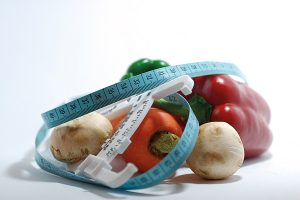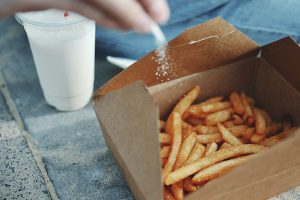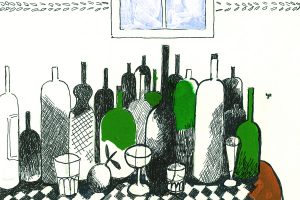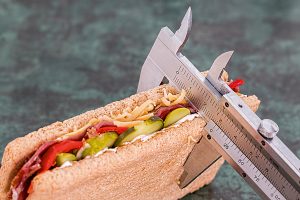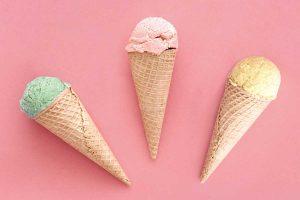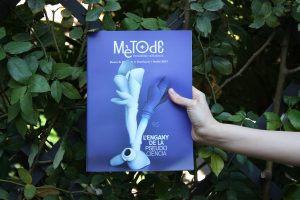Search
Miracle diets can produce health issues due to rapid weight loss, excessive energy restrictions, and the exclusion of certain foods or nutrients from the diet.
For guidelines to be useful, they must consider cultural, anthropological, educational, social, and economic factors, as well as the usual diet of the target society.
There is a widespread misconception, mainly due to perverse agnogenic practices, that nutrition is hard and confusing, that we do not really know what to eat and that health professionals cannot agree.
Nutritional epidemiology currently studies the diet-disease relationships. In this review, we analyse the impact of diet on health and the importance of dietary factors in the prevention of non-communicable diseases.
The norm of our time is to eat alone and constantly consume individually-packaged, unidentified products.
Growing concern for health has fuelled interest in the relationship between diet and disease prevention. But despite the remarkable scientific advances, there are still many unanswered questions, and many evidence-based messages do not reach the population and are lost in a sea of misinformation and half-truths.
We now have more information than ever about nutrition. But, at the same time, we have great difficulties to identify reliable information and, above all, to understand the limitations of science to answer so many of the questions that we make ourselves about how the food we eat and the food we avoid affects our health.
Artisan ice cream production is the result of the balanced contribution of many fields of science and requires in-depth knowledge in food science, mathematics, chemistry, physics, or nutrition.
We have to resort to less comfortable and more tangled phrases such as raw material or unprocessed product, because we run the risk that the next time we tell our patients to eat «natural products», they end up buying broth, refined bread or juice.
«Pseudosciences are by-products of the prestige of science as a social enterprise and as a means of obtaining knowledge. Their character is inherently negative, given that, by definition, a pseudoscience is an intellectual fraud». Thus begins monograph 95 of Mètode, coordinated by Angelo Fasce.
- 1
- 2

